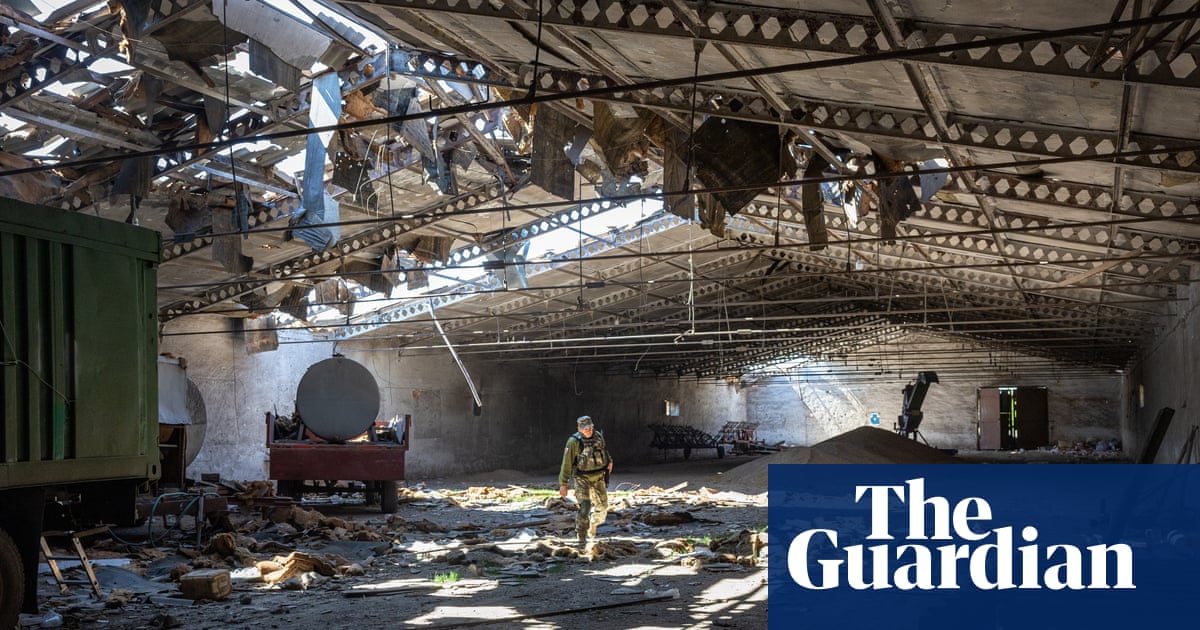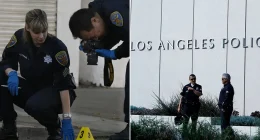
The United Nations has warned that the war in Ukraine has helped to stoke a global food crisis that could last years if it goes unchecked, as the World Bank announced an additional $12bn in funding to mitigate its “devastating effects”.
UN secretary general António Guterres said shortages of grain and fertiliser caused by the war, warming temperatures and pandemic-driven supply problems threaten to “tip tens of millions of people over the edge into food insecurity”, as financial markets saw share prices fall heavily again on fears of inflation and a worldwide recession.
Speaking at a UN meeting in New York on global food security, he said what could follow would be “malnutrition, mass hunger and famine, in a crisis that could last for years”, as he and others urged Russia to release Ukrainian grain exports.
Moscow’s invasion of Ukraine and international economic sanctions on Russia have disrupted supplies of fertiliser, wheat and other commodities from both countries, pushing up prices for food and fuel, especially in developing nations. Together the warring nations produce 30% of the world’s wheat.
Before the invasion in February, Ukraine was seen as the world’s bread basket, exporting 4.5m tonnes of agricultural produce per month through its ports – 12% of the planet’s wheat, 15% of its corn and half of its sunflower oil.
But with the ports of Odesa, Chornomorsk and others cut off from the world by Russian warships, the supply can travel only on congested land routes that are far less efficient.
Prices have skyrocketed. The UN’s food and agricultural price index reached an all-time high of almost 160 points in March before falling 1.2 or 0.8% in April. Cereal and meat price indices also hit record highs in March. A year ago wheat was trading in Chicago at US674c per bushel. Today it fetches US1,242c per bushel in a near-doubling of the price driven and compounded by the lack of supply.
“Let’s be clear: there is no effective solution to the food crisis without reintegrating Ukraine’s food production,” Guterres said. “Russia must permit the safe and secure export of grain stored in Ukrainian ports.”
US secretary of state Antony Blinken, who chaired the summit, echoed the call along with World Food Programme head David Beasley. Beasley said: “The world is on fire. We have solutions. We need to act and we need to act now.”
In other Ukraine developments:
-
Ukraine’s president, Volodymyr Zelenskiy, used his nightly address to claim that Russia’s use of laser weapons to down drones to save stocks of conventional missiles “indicates the complete failure of the invasion” and that mistakes had been made at the highest level. He compared their use to propaganda efforts by Nazi Germany promoting a “wunderwaffe” or “wonder weapon”. Russia has claimed it is using a new generation of laser weapons to burn up drones.
Soaring energy prices have also played a part in the current crisis by making it more expensive to produce fertiliser and to run farm equipment. Russia is the world’s top supplier of certain fertilisers and natural gas.
The fertilisers are not subject to the western sanctions, but sales have been disrupted by measures taken against the Russian financial system while Moscow has also restricted exports, diplomats say.
Guterres also said Russian food and fertilisers “must have full and unrestricted access to world markets”.
The World Bank’s announcement will bring total available funding for projects over the next 15 months to $30bn. The new funding will help boost food and fertiliser production, facilitate greater trade and support vulnerable households and producers, the World Bank said.
The bank previously announced $18.7bn in funding for projects linked to “food and nutrition security issues” for Africa and the Middle East, eastern Europe and central Asia, and south Asia.
“Countries should make concerted efforts to increase the supply of energy and fertiliser, help farmers increase plantings and crop yields, and remove policies that block exports and imports, divert food to biofuel, or encourage unnecessary storage,” said World Bank president David Malpass.
Financial markets have reflected fears about how disruption from the war will affect the world economy with stocks on Wall Street falling precipitously on Wednesday. The broadest index, the S&P500, dropped 4.04% in its worst day for nearly two years after retailers led by Target said that supply chain problems and inflation – currently 8% in the US – were eating into profits.
The losses sparked more selling in Asia Pacific at the start of trading on Thursday. The Hang Seng dropped 3% to take the index below 20,000 points for the first time in more than five years, while the Nikkei was off 2.5% in Tokyo and Seoul was down 1.55%.
Hebe Chen, market analyst at IG in Sydney, said: “It must be said that the concern for inflation has never gone away since we stepped into 2022, however, while things haven’t reached the point of no return, they are seemingly heading in the direction of ‘out of control’. That, is probably the most worrying part for the market.”
Source: Guardian





